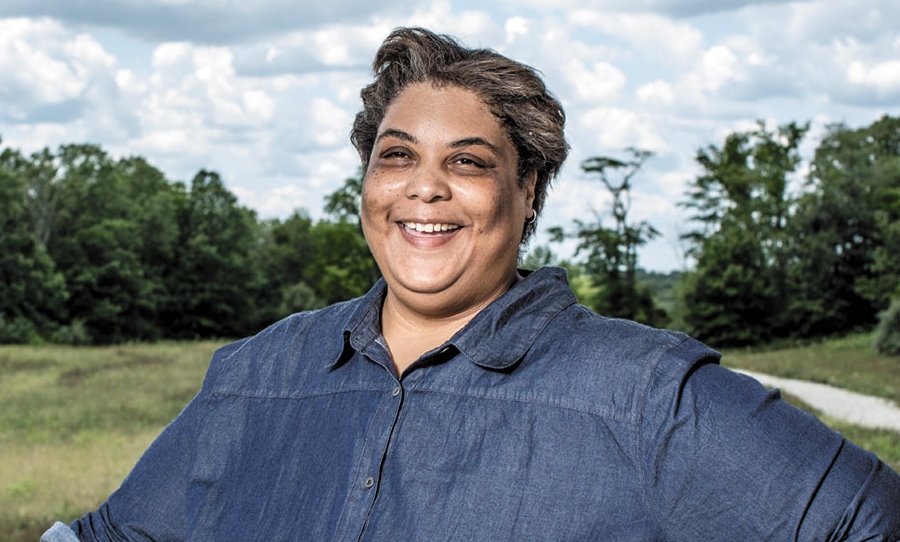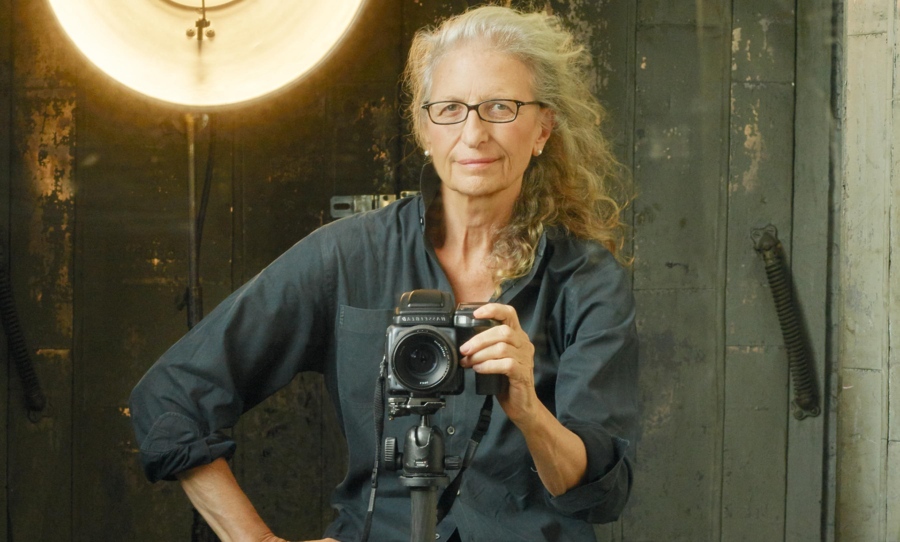In the 2010s, non-fiction writers frequently turned to concepts of mortality, social injustice, history, and psychology when expressing their truths. We’ve narrowed down some of the most influential books of the decade.
Non-fiction books create the space for education and self-reflection. The 2010s were a decade of intense political and economic turmoil across the globe, with non-fiction writers weaving together stories of urgency to reflect on the underpinnings of a rapidly evolving society.
During the last decade, there was an insane amount of eloquent non-fiction literature produced as a response to social and political upheaval. In the spirit of social introspection as the key to higher social awareness and change, we’ve attempted to collect some (if only we had the time to do the best 100!) of the most formative non-fiction books to emerge in the 2010s.
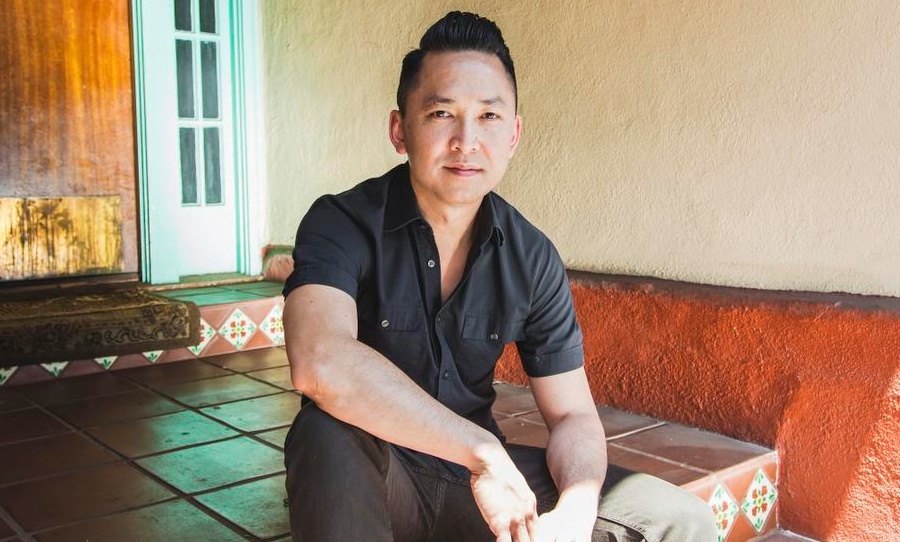
The Emperor of All Maladies: A Biography of Cancer – Siddhartha Mukherjee (2010)
In Emperor of All Maladies, physician, researcher, and award-winning science writer, Siddhartha Mukherjee examines cancer with a cellular biologist’s precision, a historian’s perspective, and a biographer’s passion. What emerges is a profound, ambitious ‘biography’ of cancer – from its first documented appearances thousands of years ago through to the magnificent efforts in the twentieth century to cure, control, and conquer it.
The book almost reads like a non-fiction thriller, fast-paced and intriguing, leading to fascinating insights into the past, present, and future of cancer treatment.
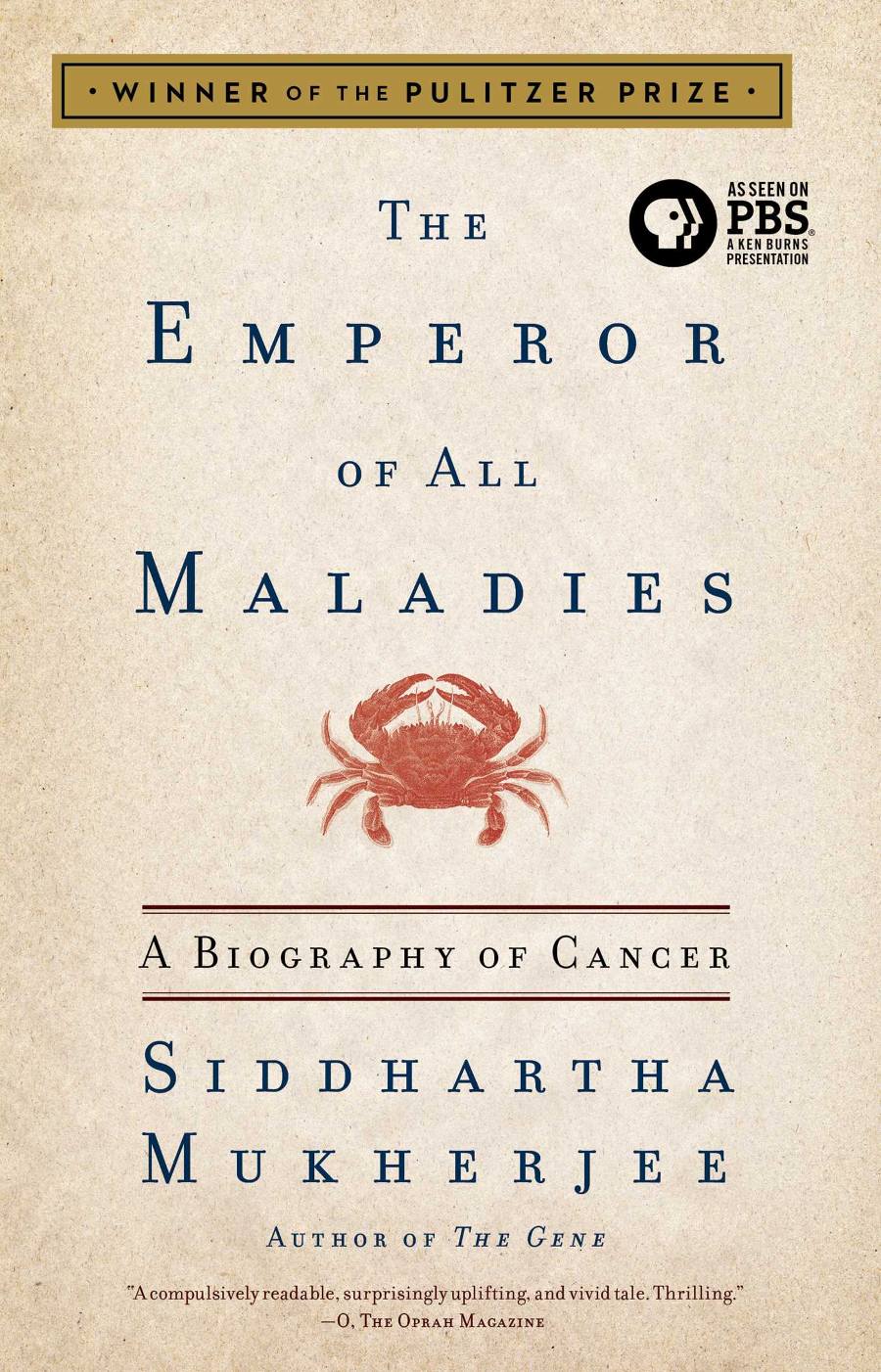
The New Jim Crowe: Mass Incarceration in the Age of Colorblindness – Michelle Alexander (2010)
Civil rights advocate and law scholar, Michelle Alexander discusses race-related issues specific to African-American males and the mass incarceration in the United States. Her central premise, from which the book takes its title, is that “mass incarceration is, metaphorically, the New Jim Crow”.
“The goal ought to be to view and treat all people of all colors with dignity, humanity, compassion, and concern,” Michelle Alexander
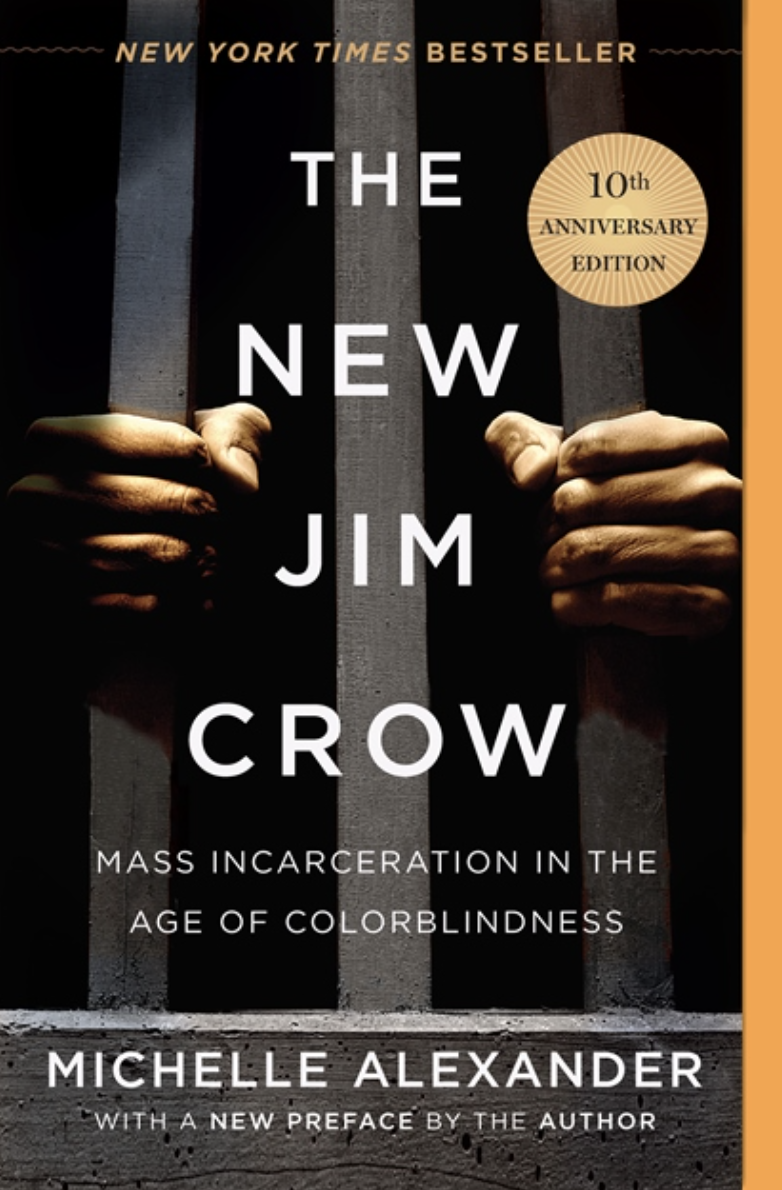
The Immortal Life of Henrietta Lacks – Rebecca Skloot (2010)
Named by more than 60 critics as the most important book of 2010, The Immortal Life of Henrietta Lacks traces the life of Henrietta Lacks, a poor black tobacco farmer whose cells—taken without her knowledge in 1951—became one of the most important tools in medicine. As described on Skloot’s website: “[Henrietta’s cells] were vital for developing medical procedures the polio vaccine, cloning, gene mapping, in vitro fertilization. [The] cells have been bought and sold by the billions, yet she remains virtually unknown, and her family can’t afford health insurance.” Having already been adapted into a film by HBO, the novel explores the dark history of scientific experimentation on African Americans and the complexities of bioethics.
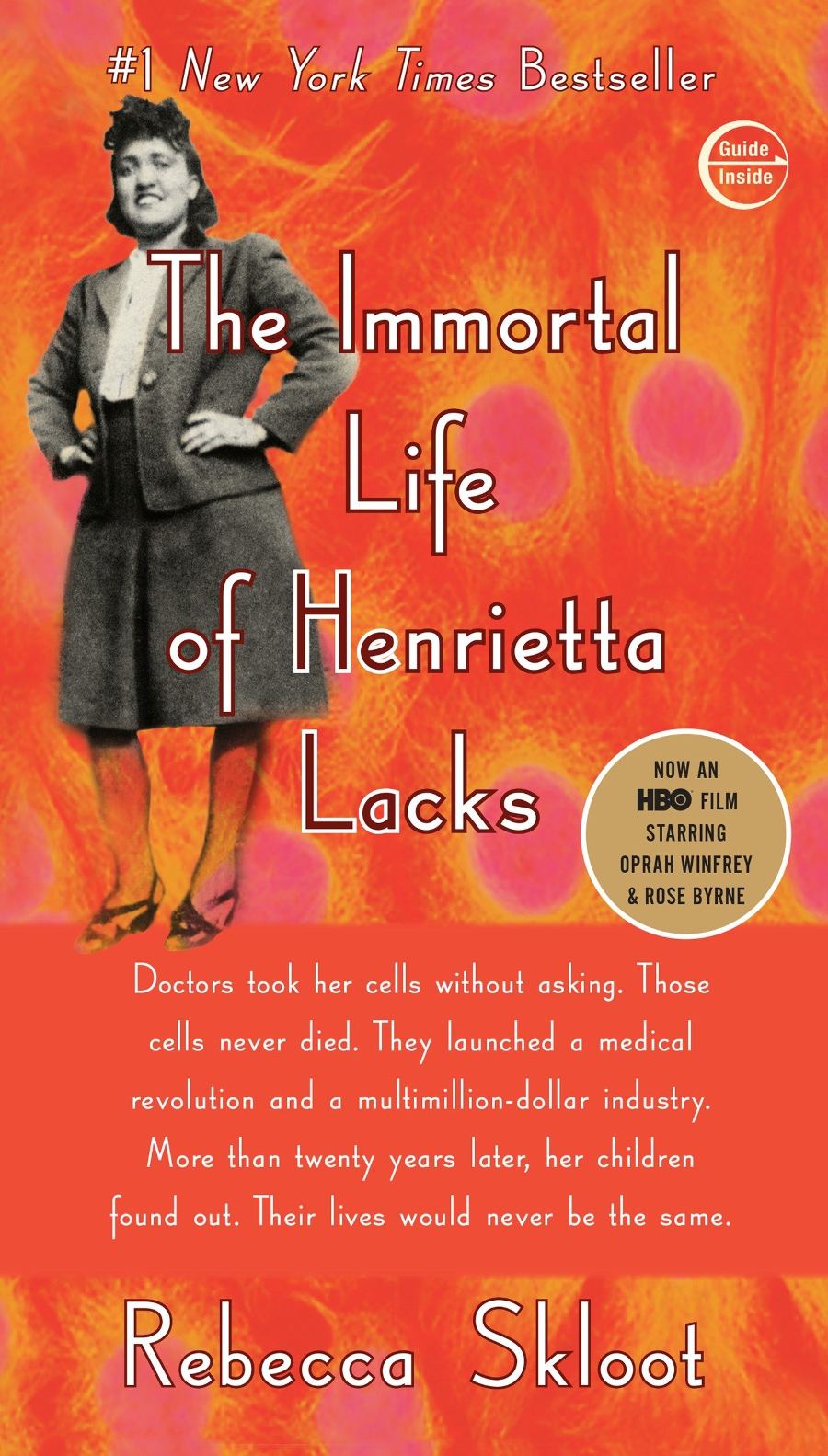
The Swerve: How the World Became Modern – Stephen Greenblatt (2011)
Written by one of the world’s most celebrated literary historians, The Swerve: How the World Became Modern is an innovative work of Western history and discovery, following how the publication of an ancient Roman epic, On The Nature of Things by Lucretius, changed the course of humanity and influenced the progression of modern thought.
On The Nature of Things was a particularly “dangerous” poem of its time, quietly suggesting that the universe functioned without the aid of gods, and that the stuff of life was made up of swerving, colliding particles. Stephen Greenblatt’s book follows how the publication of this poem fueled the Renaissance, inspiring artists such as Botticelli; shaped the thought of Freud, Darwin, and Einstein; and had a revolutionary influence on writers such as Montaigne and Shakespeare.
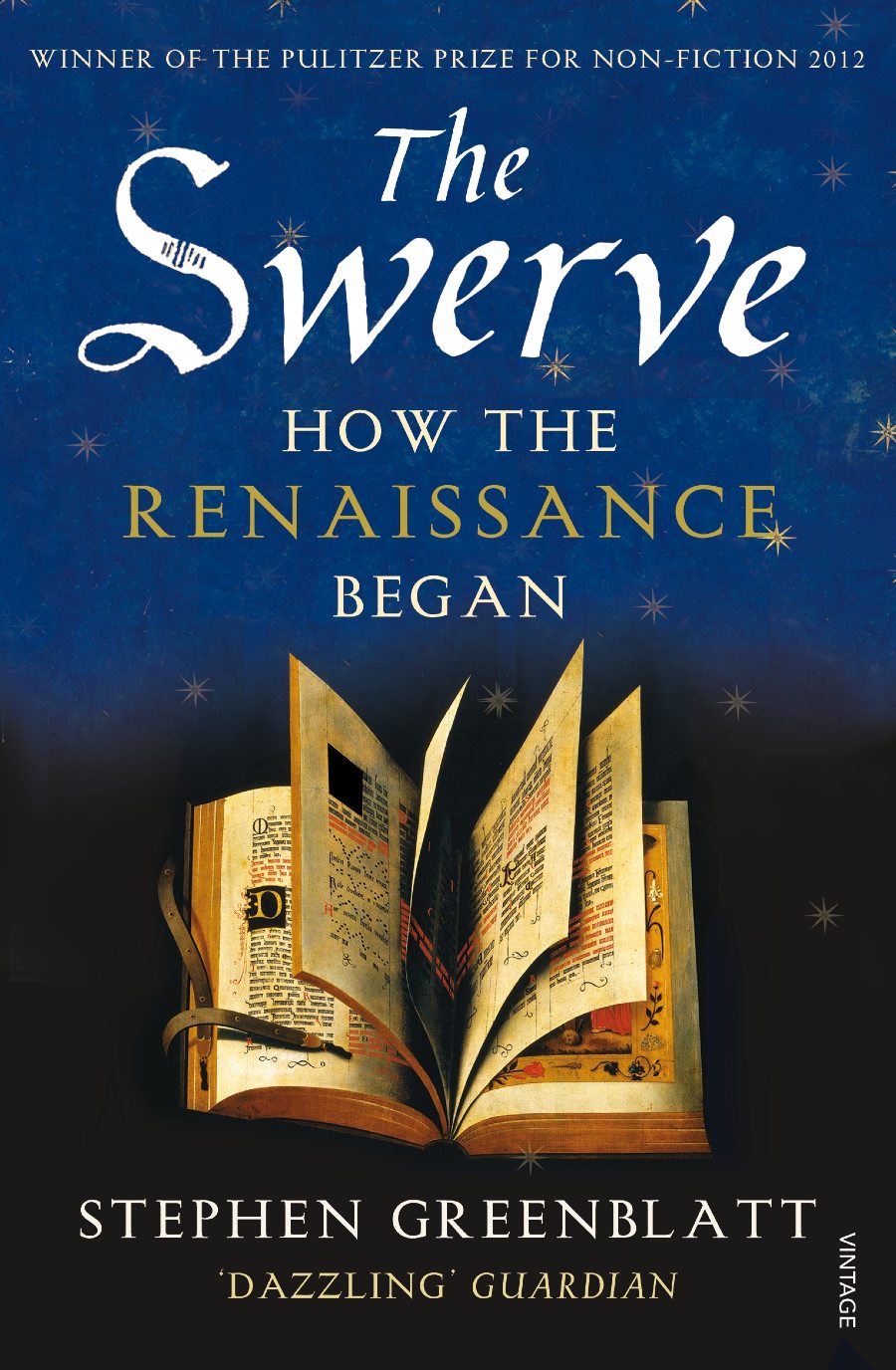
Quiet: The Power of Introverts in a World That Can’t Stop Talking – Susan Cain (2012)
In Quiet: The Power of Introverts in a World That Can’t Stop Talking, Susan Cain discusses the dramatic undervaluation of introverts, in a society that has structured itself around the “Extrovert Ideal” and how deeply it has taken root in the public consciousness.
A deeply affecting book, Quiet: The Power of Introverts in a World That Can’t Stop Talking is a portrait of the world in which both introverts and extroverts contribute equally (unfortunately, extroverts are simply better at telling you about it). Passionately argued and thoroughly researched, Cain’s book has the power to permanently change how society perceives introverts, as well as how introverts see themselves.
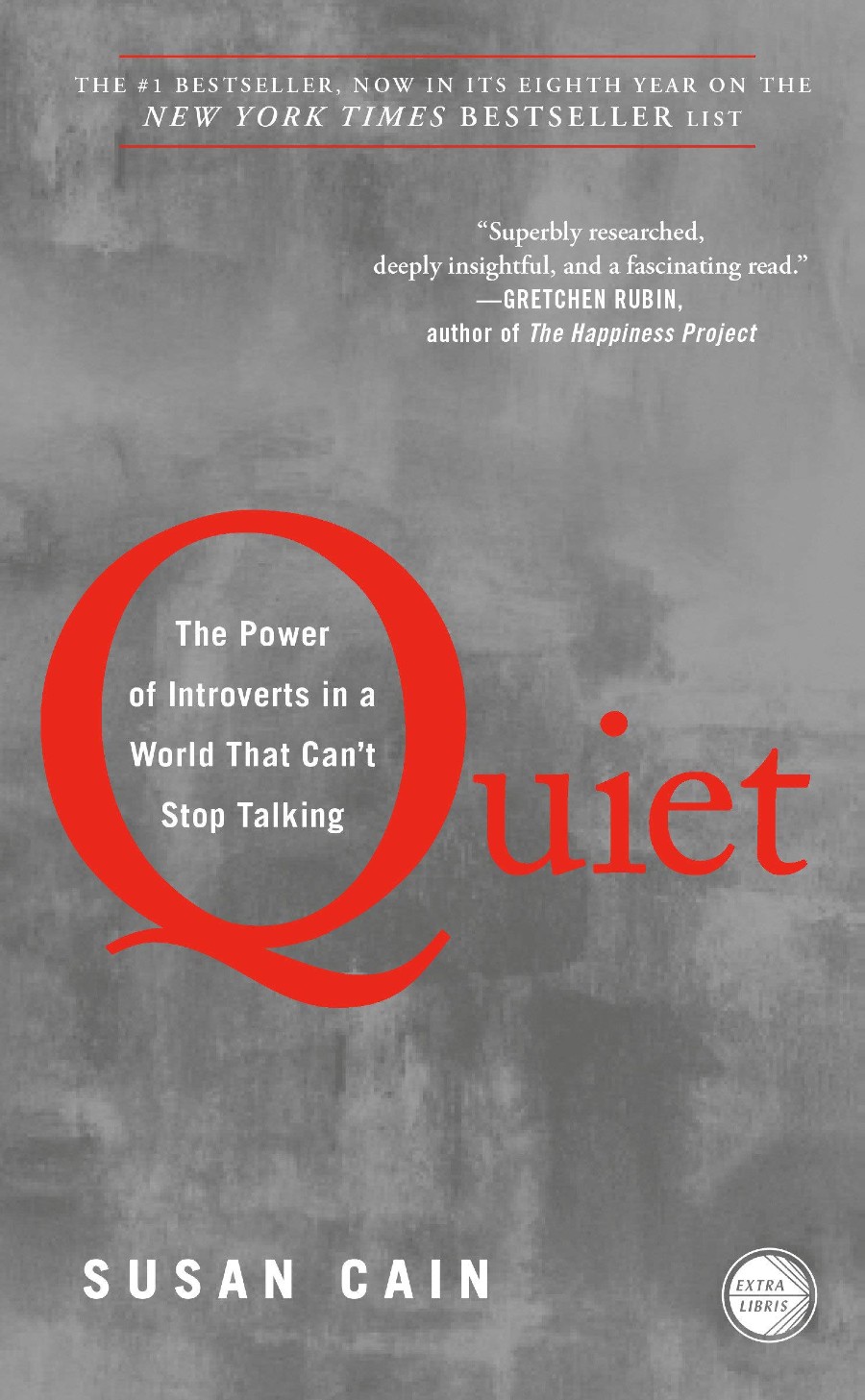
Going Clear: Scientology, Hollywood, and the Prison of Belief – Lawrence Wright (2013)
Based on more than two hundred personal interviews with both current and former Scientologists, as well as a legion of archival research, Going Clear: Scientology, Hollywood and The Prison of Belief is an exposé of the inner workings of the Church of Scientology: its origins in the imagination of science-fiction writer L. Ron Hubbard, and its evolution into being acknowledged as a legitimate religion.
In a review by The Guardian, the book was described as being ” diligently researched, calmly expository, and full of fascinating side-stories (most readers will be unaware of Hubbard’s fondness for the teachings of English occultist Aleister Crowley or his influence on the writings of William Burroughs).”
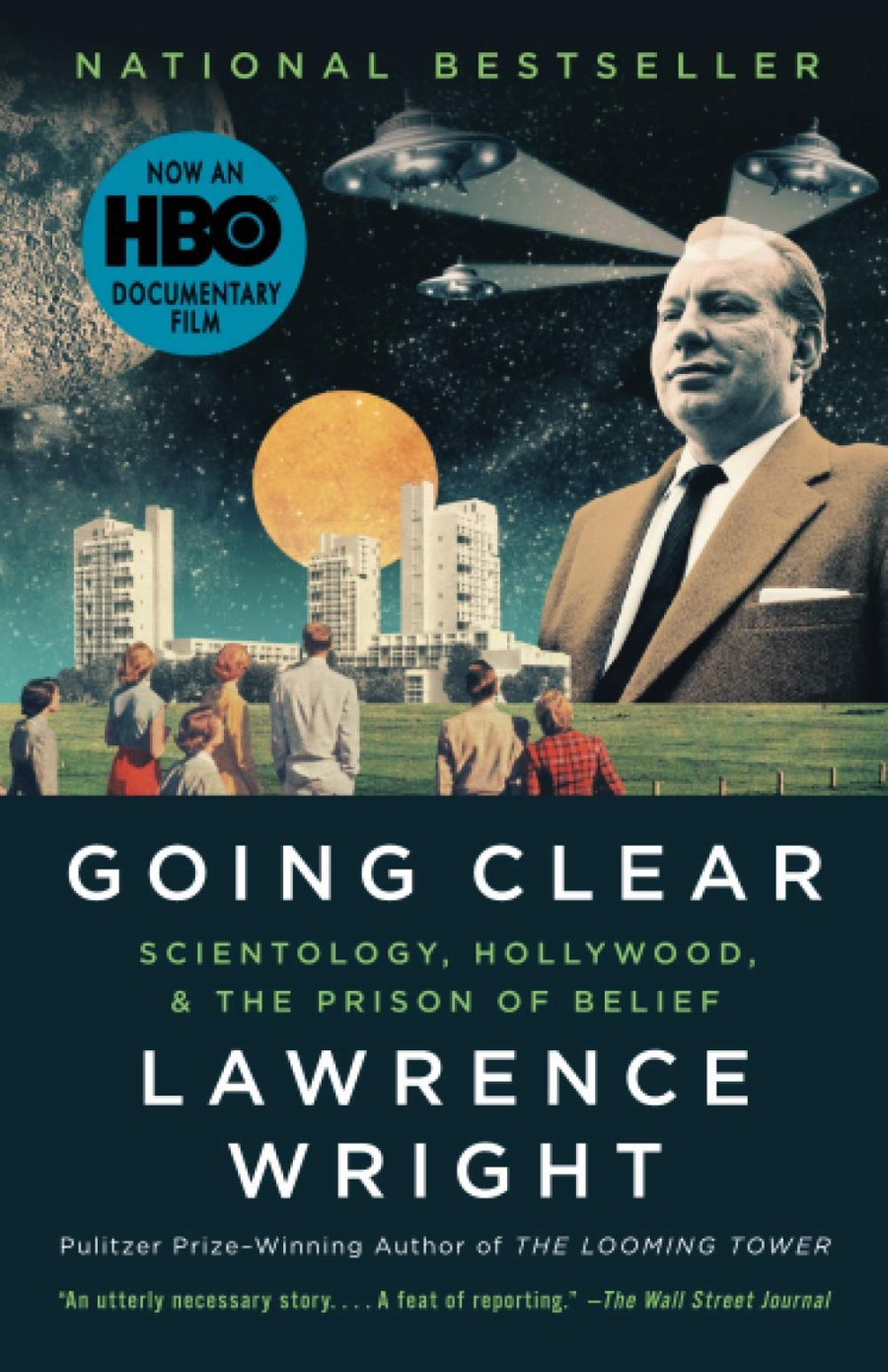
The Sixth Extinction: An Unnatural History – Elizabeth Kolbert (2014)
In, The Sixth Extinction: An Unnatural History, The New Yorker writer Elizabeth Kolbert tells us why and how human beings have altered life on the planet in a way no species has before.
One of the most important science books written in recent memory, Kolbert effortlessly synthesizes science and history to construct an argument of the “sixth extinction” — the fatal decimation of the planet as we know it, propagated by human activity, as we propel towards an irreversible, deadly future.
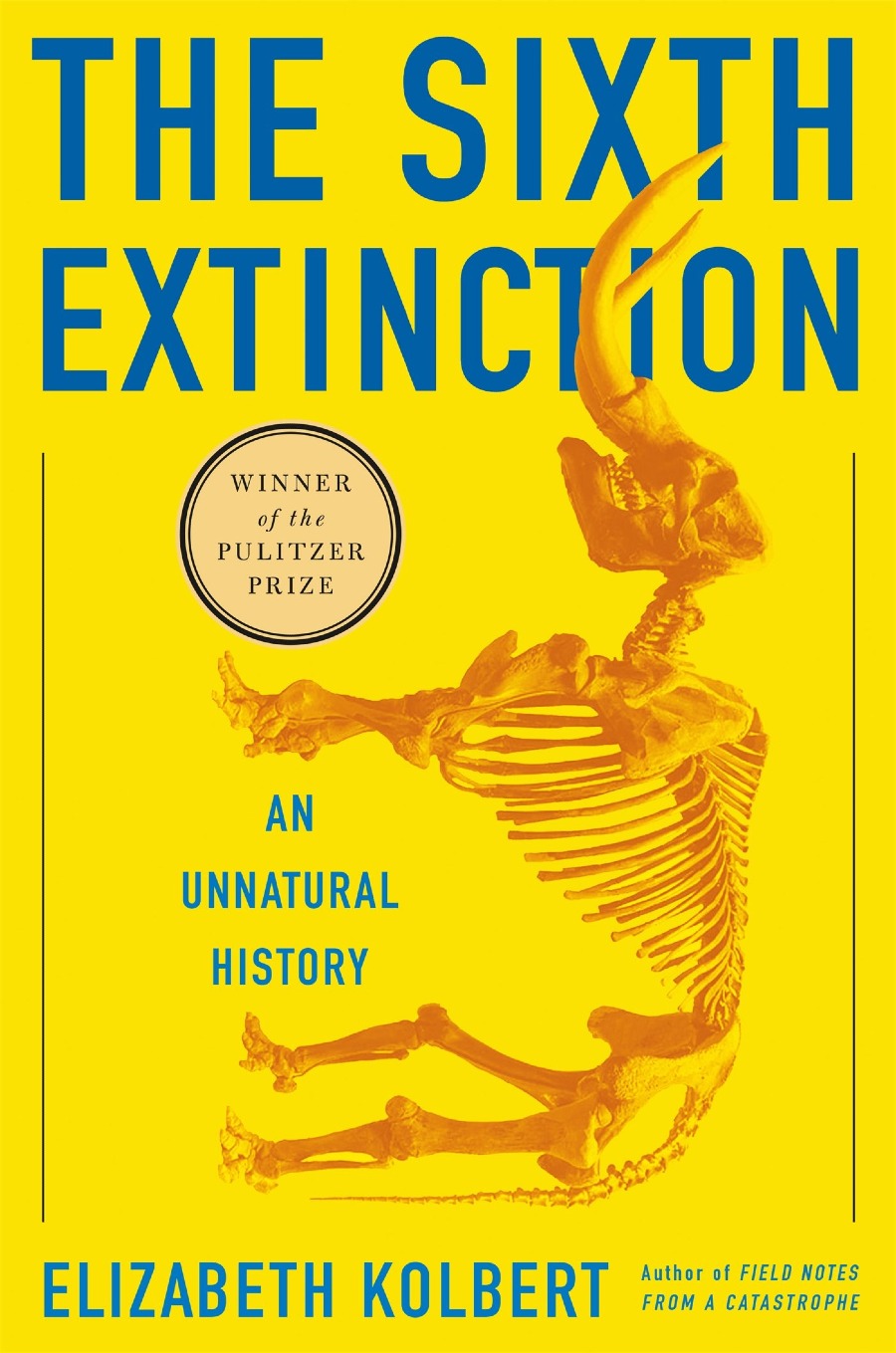
The Girl with Seven Names: A North Korean Defector’s Story – Hyeonseo Lee and David John (2015)
As a child growing up in North Korea, Hyeonseo Lee was one of the millions trapped by the secretive and brutal totalitarian regime of North Korea. Her home on the border with China gave her some exposure to the world beyond the confines of the Hermit Kingdom and, as the famine of the 1990s struck, she began to question the circumstances of her upbringing. Given the repression, poverty and starvation she witnessed surely her country could not be, as she had been told “the best on the planet”?
The Girl with Seven Names is Lee’s story of defecting from one of the most ruthless dictatorships in the world, as well as her coming of age, education, and the resolve she found to rebuild her life – not once, but twice – first in China, then in South Korea. A memoir that brims with poignant emotion and remarkable strength, The Girl with Seven Names is an outstanding recount of a woman’s bravery in reclaiming herself, and her family, from the jaws of death, terror, and oppression.
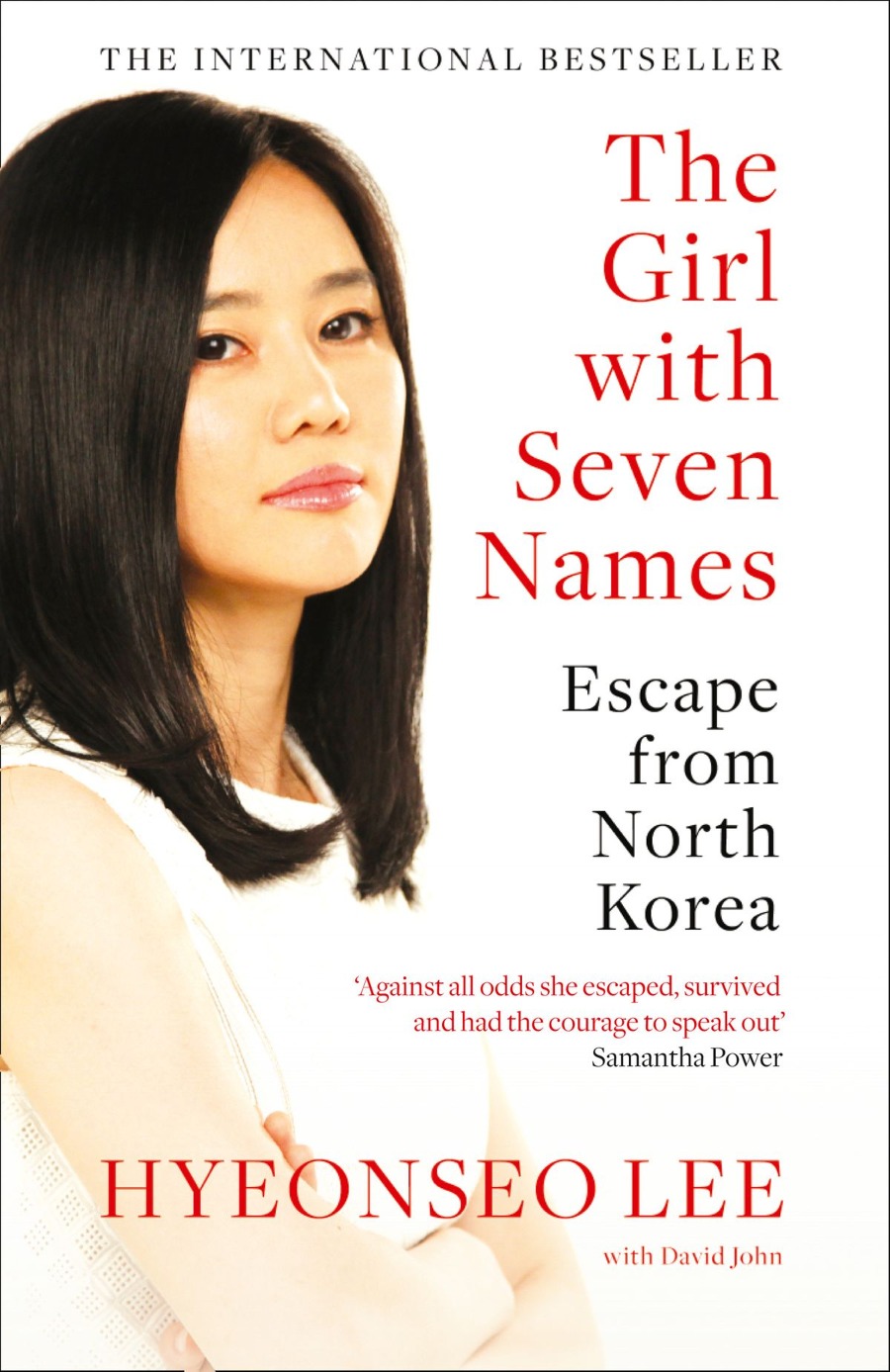
The Invention of Nature – Andrea Wulf (2015)
Andrea Wulf’s biography shines a beautiful light on the work of German naturalist Alexander von Humboldt. Chronicling a remarkably rich moment in history when European ideas were at a peak. Known best for his avid interest in ecology, geography, and exploring, Humbolt did more than just collect and document thousands of species on his travels, he discovered the location of the magnetic equator.
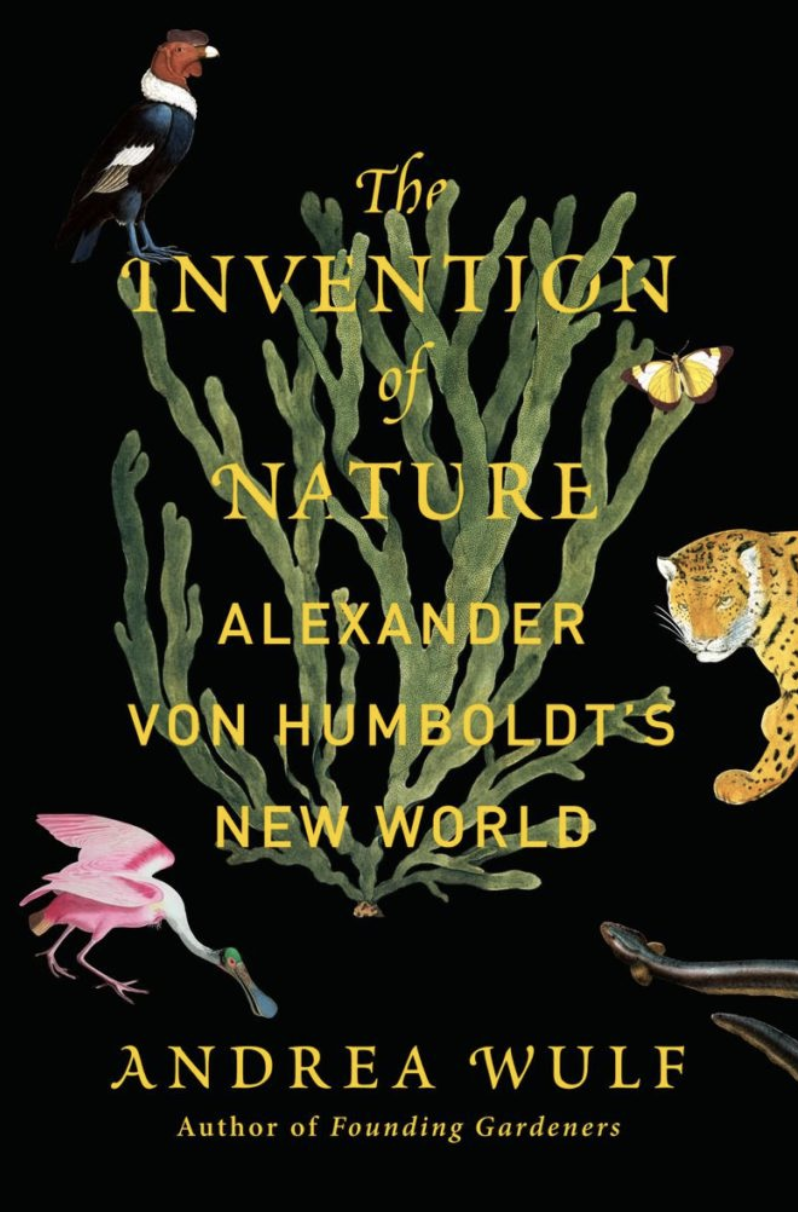
Freedom Is a Constant Struggle: Ferguson, Palestine, and the Foundations of a Movement – Angela Davis (2015)
A collation of speeches, interviews, and essays, Freedom Is a Constant Struggle examines how ostensibly disparate social movements around the world share meaningful connections, linking them together in a global struggle for human liberation.
World-renowned scholar and activist Angela Davis explores a wide range of topics, from the militarisation of the Israeli state to the South-African apartheid movement to the rapid spread of the prison-industrial complex throughout the world, constructing a profound call to build a united global liberation movement. Considering the recent violation of the Israeli-Palestinian ceasefire in the Palestinian struggle for independence, and the renewed vigour for the Black Lives Matter movement, Freedom is a Constant Struggle remains just as urgent as it was upon publication.
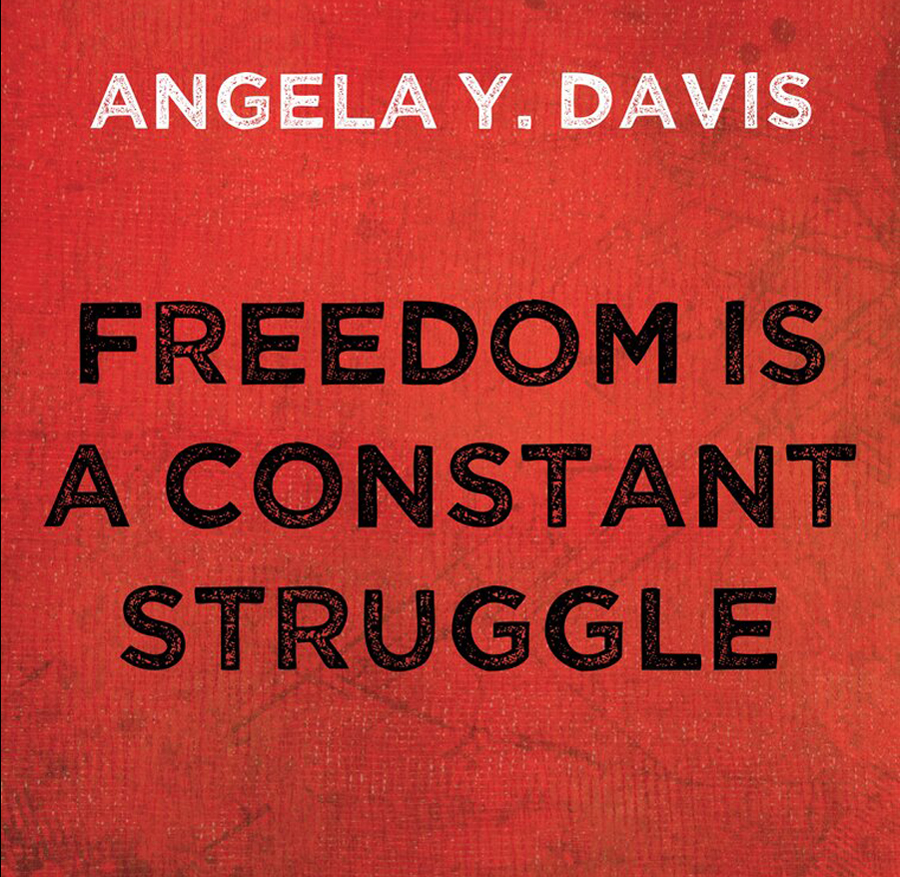
When Breath Becomes Air – Paul Kalanithi (2016)
Published posthumously, When Breath Becomes Air is an autobiographical account of neurosurgeon Paul Kalanithi’s battle with stage IV metastatic lung cancer. In his own words, “I began to realize that coming face to face with my own mortality, in a sense, had changed nothing and everything / Seven words from Samuel Beckett began to repeat in my head: ‘I can’t go on. I’ll go on.'”
A lucid exploration of mortality, purpose, and life, When Breath Becomes Air is an unforgettable, life-affirming reflection on the challenge of facing death from an incredible writer who became a doctor, as well as a patient.
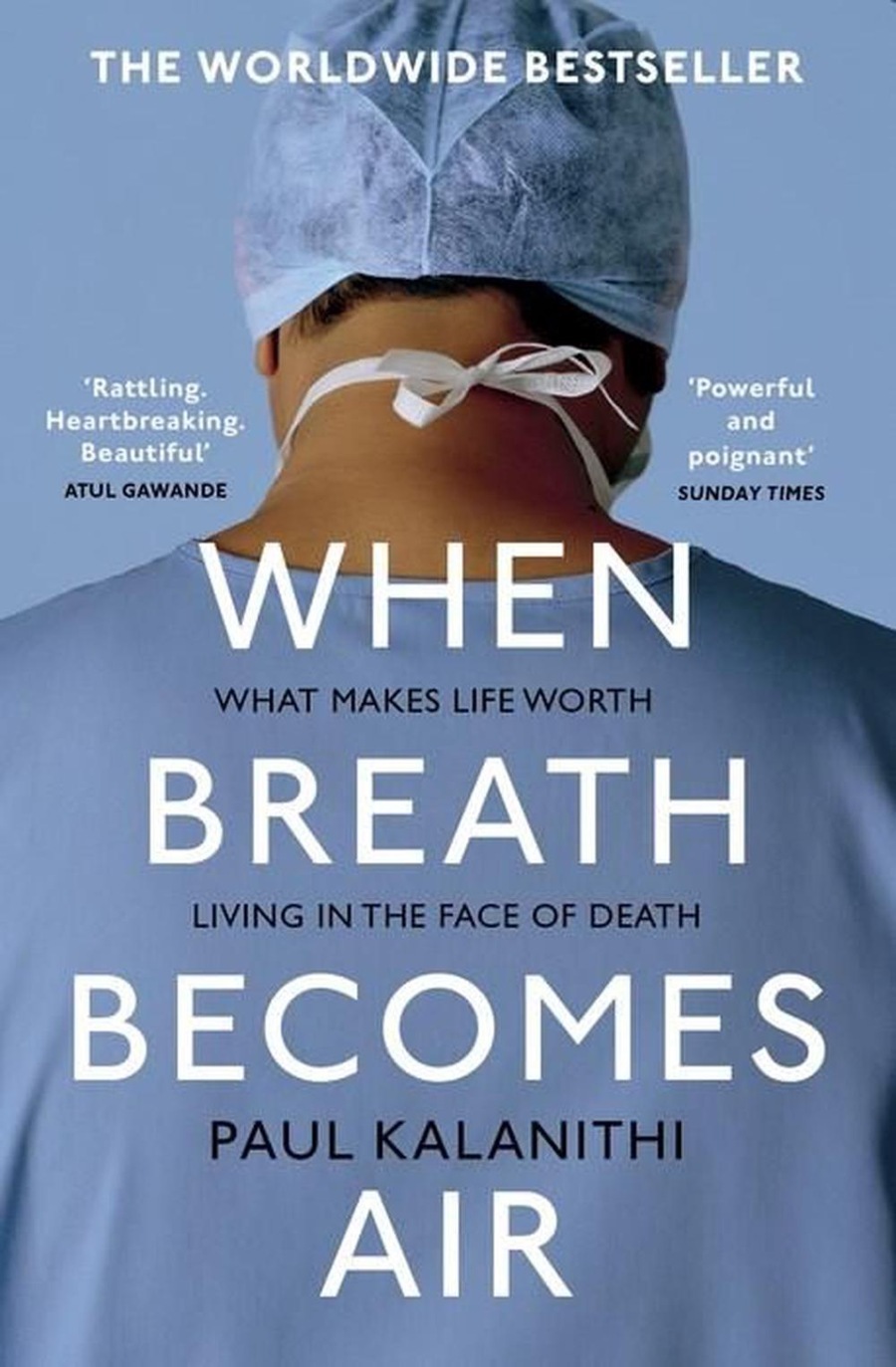
Black Flags: The Rise of ISIS – Joby Warrick (2016)
Winning the Pulitzer Prize for Non-Fiction, Black Flags: The Rise of ISIS is a deeply researched book that shows how the flawed rationale for the Iraq War led to the explosive growth of the Islamic State. Reporter Joby Warrick traces how the strain of militant Islam behind ISIS first emerged in a remote Jordanian prison and grew as a consequence of the American invasion of Iraq.
Drawing on high-level access to CIA and Jordanian sources, Warrick details gripping, moment-by-moment operational details, perspectives of diplomats and spies, generals and heads of state, many of whom foresaw a menace worse than al Qaeda and tried desperately to stop it. Black Flags is a brilliant and definitive history deconstructing the development of one of the world’s most dangerous extremist threats.
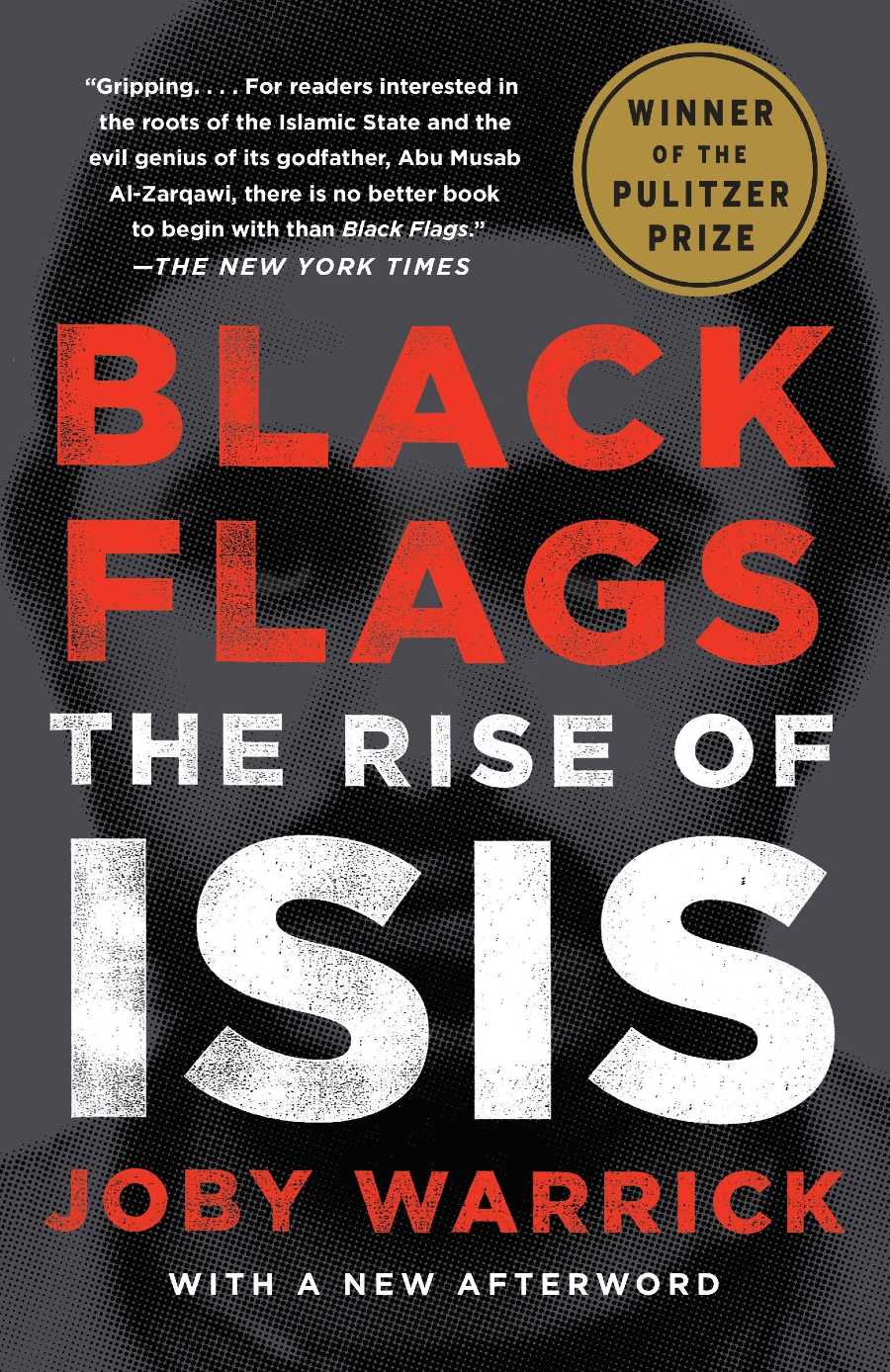
Why I’m No Longer Talking to White People About Race – Reni Eddo-Lodge (2017)
“[Why I’m No Longer Talking to White People About Race] is a book that was begging to be written. This is the kind of book that demands a future where we’ll no longer need such a book. Essential,” read a review by Marlon James, winner of the 2015 Man Booker Prize. ‘Essential’ is the perfect word for this book; Reni Eddo-Lodge’s Why I’m No Longer Talking to White People About Race explores issues from eradicated black history to the inextricable link between class and race. Eddo-Lodge’s argument is powerful and provocative, and functions as a searing, illuminating, and absolutely necessary examination of what it is to be a person of colour in Britain today.
Praise for the book has been universal, with Publishers’ Weekly writing in a review: “A plainspoken, hard-hitting take on mainstream British society’s avoidance of race and the complexities and manifestations of racism . . . Eddo-Lodge’s crisp prose and impassioned voice implore White Britain to look beyond obvious racism to acknowledge the more opaque existence of structural racism . . . With this thoughtful and direct book, Eddo-Lodge stokes the very conversation that the title rejects.”
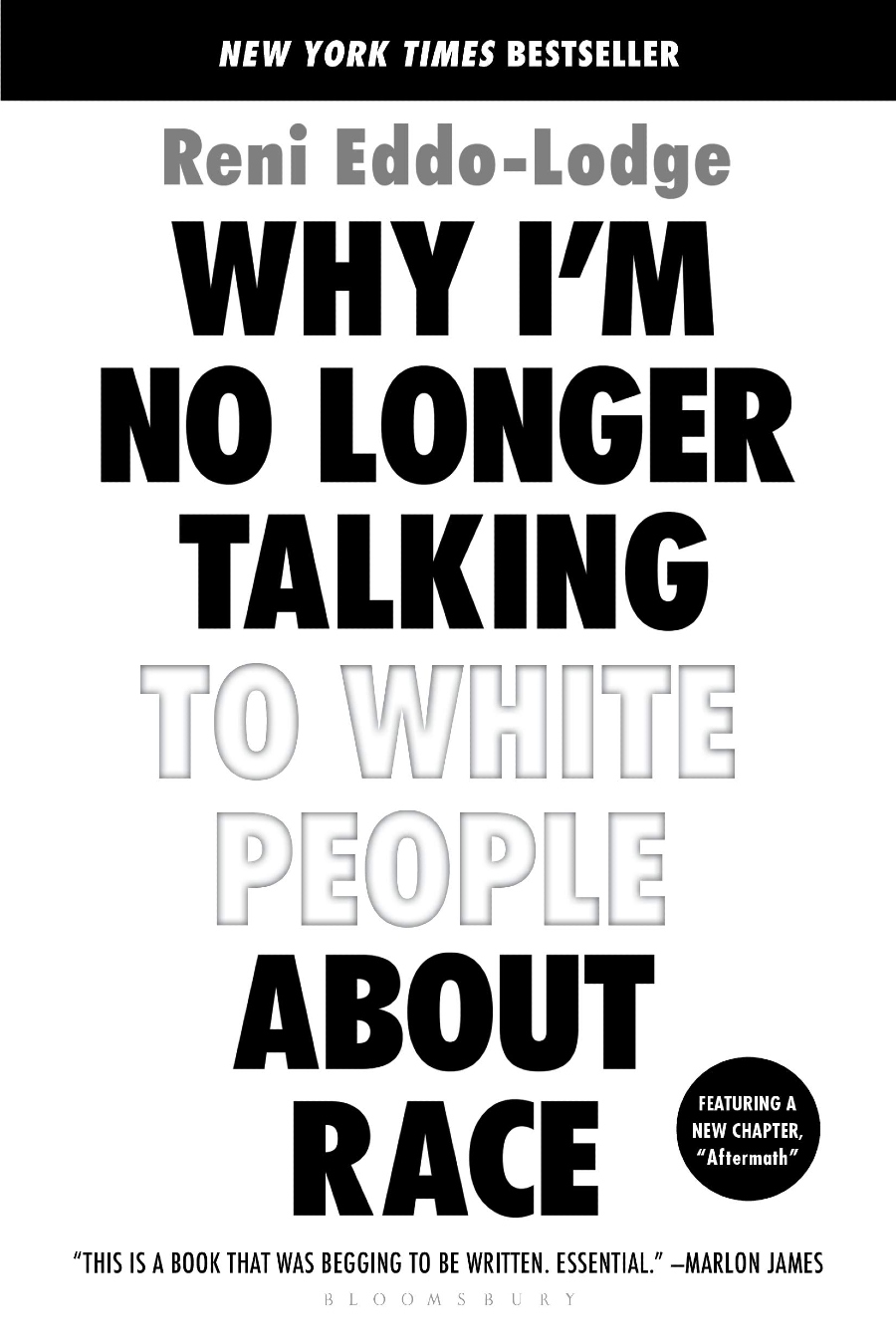
Hunger – Roxane Gay (2017)
Raw and gritty, Hunger is Roxane Gay at her most vulnerable. Detailing her evolving relationship with her body — with the candour, vulnerability, and power that have made her one of the most admired writers of her generation – Gay explores what it means to learn to take care of oneself: how to love a body in a time when the bigger you are, the smaller your world.
With heavy trigger warnings for disordered eating, body issues, and sexual assault, Gay examines how her weight, race, and gender have affected the ways in which she has experienced the world, while she critiques American culture for having made “the desire for weight loss a default feature of womanhood.”

Inglorious Empire: What the British Did to India – Shashi Tharoor (2017)
Emerging from a viral speech given by United-Nations-diplomat-turned-Indian-National-Congress-MP Shashi Tharoor, at the Oxford Union in favour of the motion ‘Britain Owes Reparations to Her Former Colonies’, Inglorious Empire is a thoroughly researched, stunning indictment of the profound damage done by the British Empire to India’s population and economy.
Tharoor’s arguments are erudite, as much as they are persuasive, and matched with his ability to weave one of the most damning critiques of colonialism in recent memory, create a ferociously argued portrait of Britain as an exploitative, racist imperial project in India; labelling the British Empire with, in Tharoor’s own words, a “long and shameless record of rapacity”.
Considering Shashi Tharoor said this at the Oxford Union in May 2015, he was remarkably prescient about this bugger’s muddle of a Brexit… pic.twitter.com/BNLi5yU1Hc
— Craig Ranapia (@CMRanapia) July 11, 2018
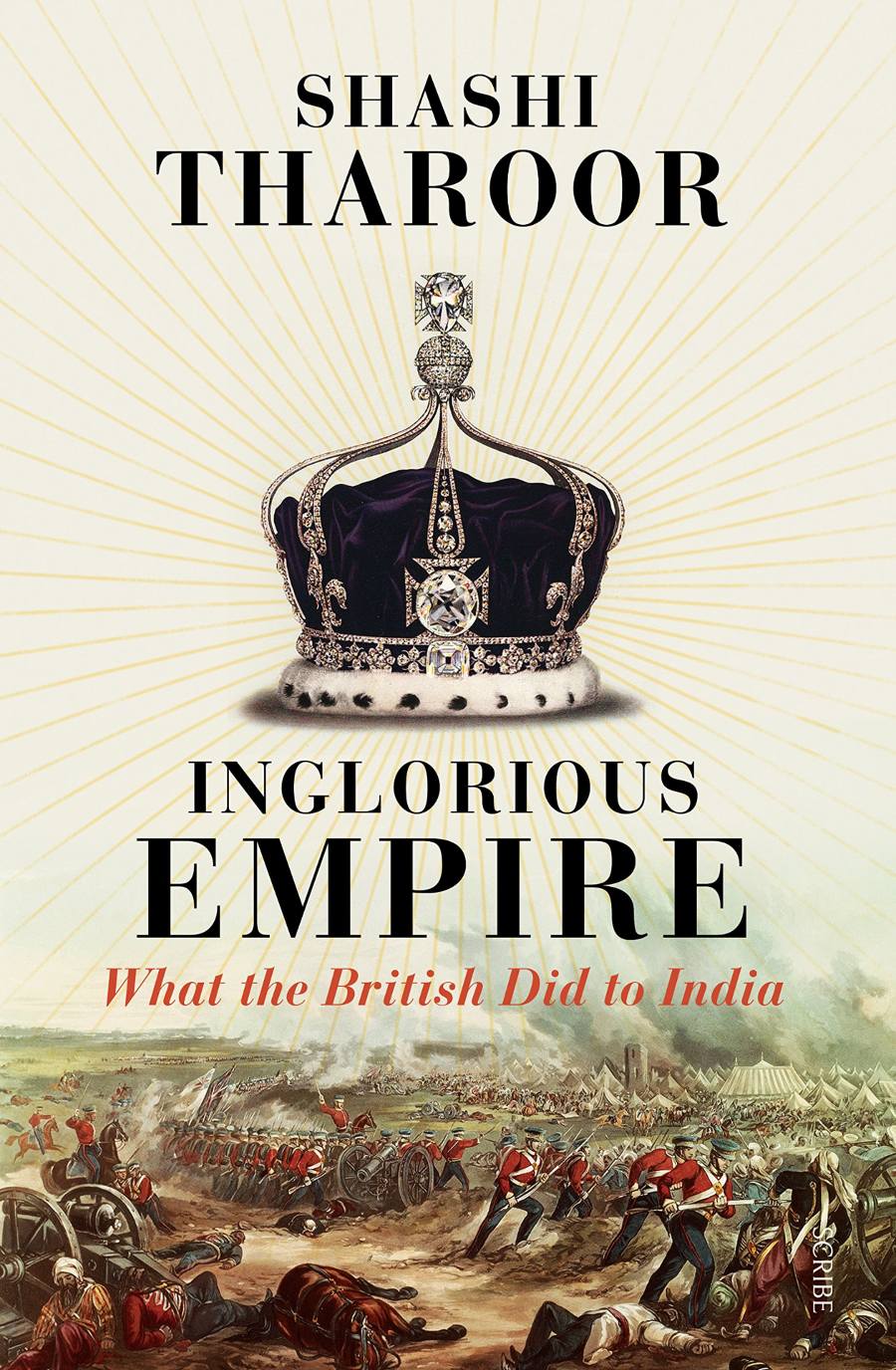
The Order of Time – Carlo Rovelli (2018)
Written by Carlo Rovelli, a physicist billed as the ‘new Stephen Hawking’, is an exploration of science, art, and philosophy that unravels the mystery of time, inviting readers to imagine a world where time is in them and they are not in time. Written naturally and brilliantly, The Order of Time is a reframing of one of the enduring questions of the philosophy of nature. “One after another,” writes Rovelli “the characteristic features of time have proved to be approximations, mistakes determined by our perspective, just like the flatness of the Earth or the revolving of the sun.”
Tying in deep theoretical concepts with profound, philosophical insight into what it means to be alive as a human being, Rovelli’s book is a stunning meditation on the way we perceive humanity and time.
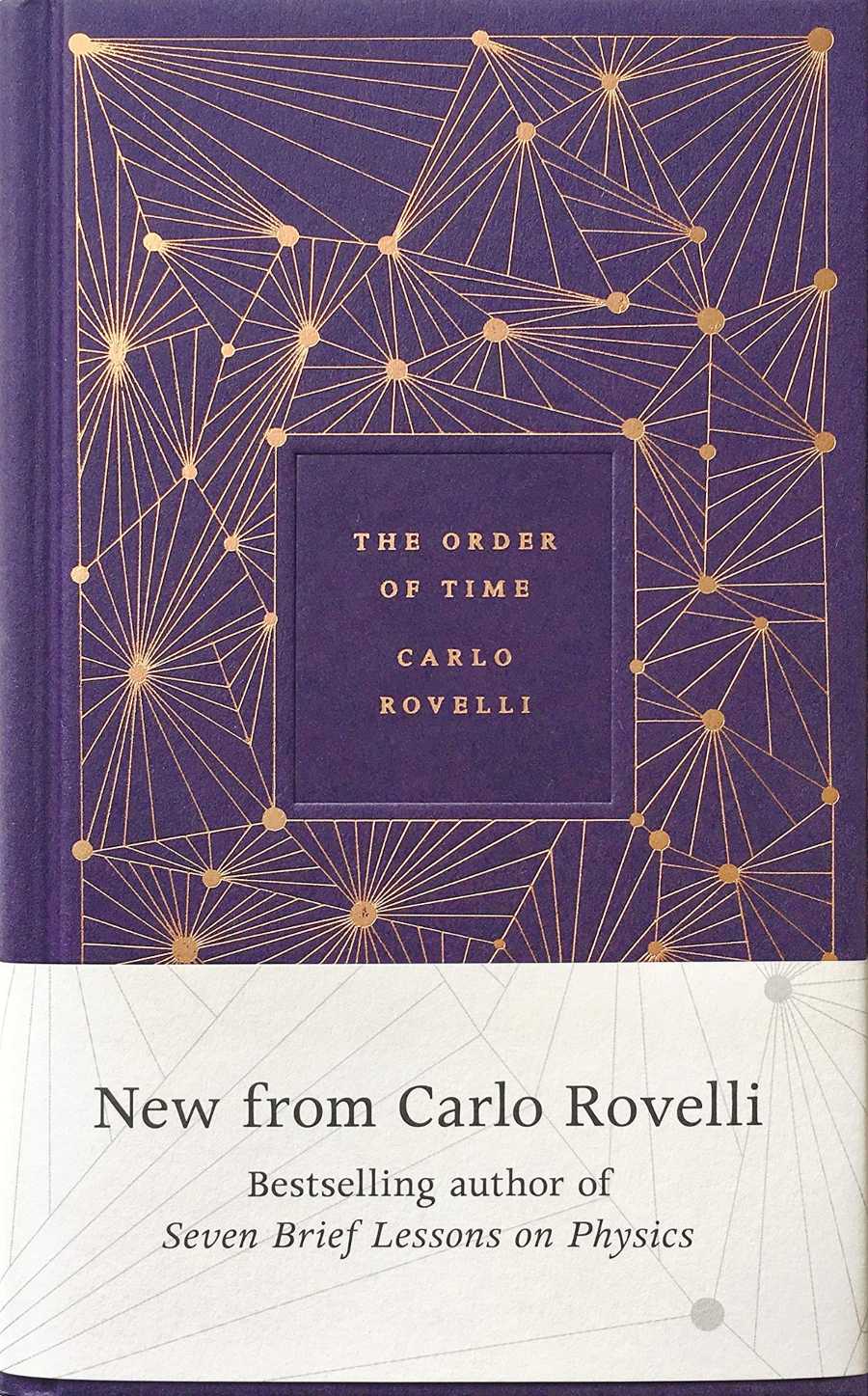
The Displaced: Refugee Writers on Refugee Lives – Viet Thanh Nguyen (2018)
Featuring original essays by a collection of refugee writers from around the world, The Displaced: Refugee Writers on Refugee Lives is a collation of formidable individuals in their own right—MacArthur Genius grant recipients, National Book Award and National Book Critics Circle Award finalists, filmmakers, speakers, lawyers, professors, and New Yorker contributors.
Edited by Pulitzer Prize-Winner Viet Thanh Nguyen comes a reminder of the lives disrupted by geopolitical strife, and their journeys to begin a new life, in a decade characterised by an increasingly growing rate of global displacement.
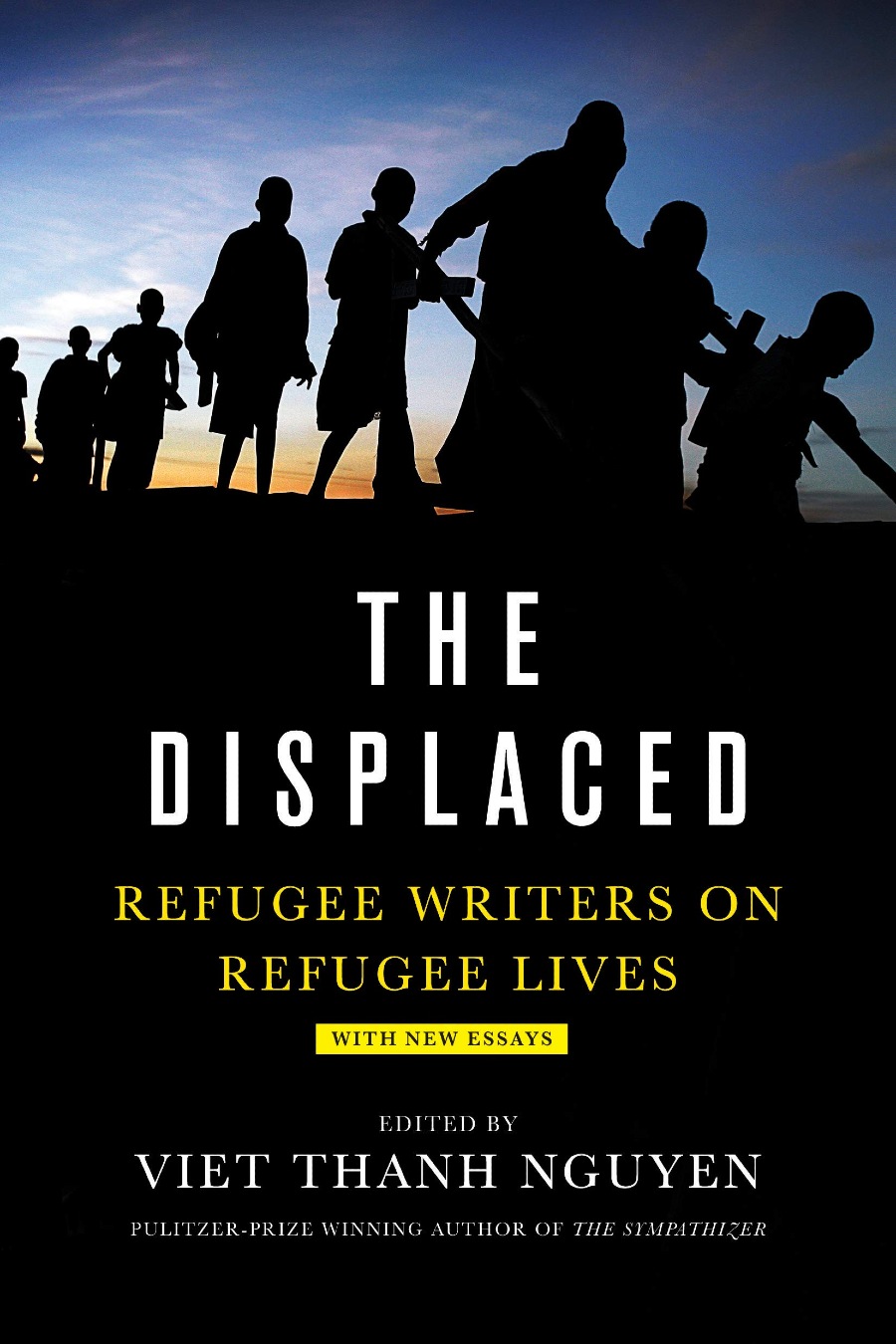
All You Can Ever Know: A Memoir – Nicole Chung (2018)
Bursting with heartfelt emotion and tenderness, Nicole Chung’s debut memoir, All You Can Ever Know is a chronicle of surprising connections and the repercussions of unearthing painful family secrets — vital reading for anyone who has ever struggled to navigate their identity.
In a review by NPR, All You Can Ever Know is described as: “informed by Chung’s own experience as a mother: Early in the book, she writes with an almost-prescient wisdom that “no matter how a child joins your family, their presence changes all the rules; they move into your heart and build new rooms, knockdown walls you never knew existed.” It’s this kind of warmth and understanding that she applies to everyone in her own life. Though the story is intensely personal, it’s never myopic and, ultimately, it’s universal: a story about learning to grapple with our own identities, about learning where we belong, and about families.”
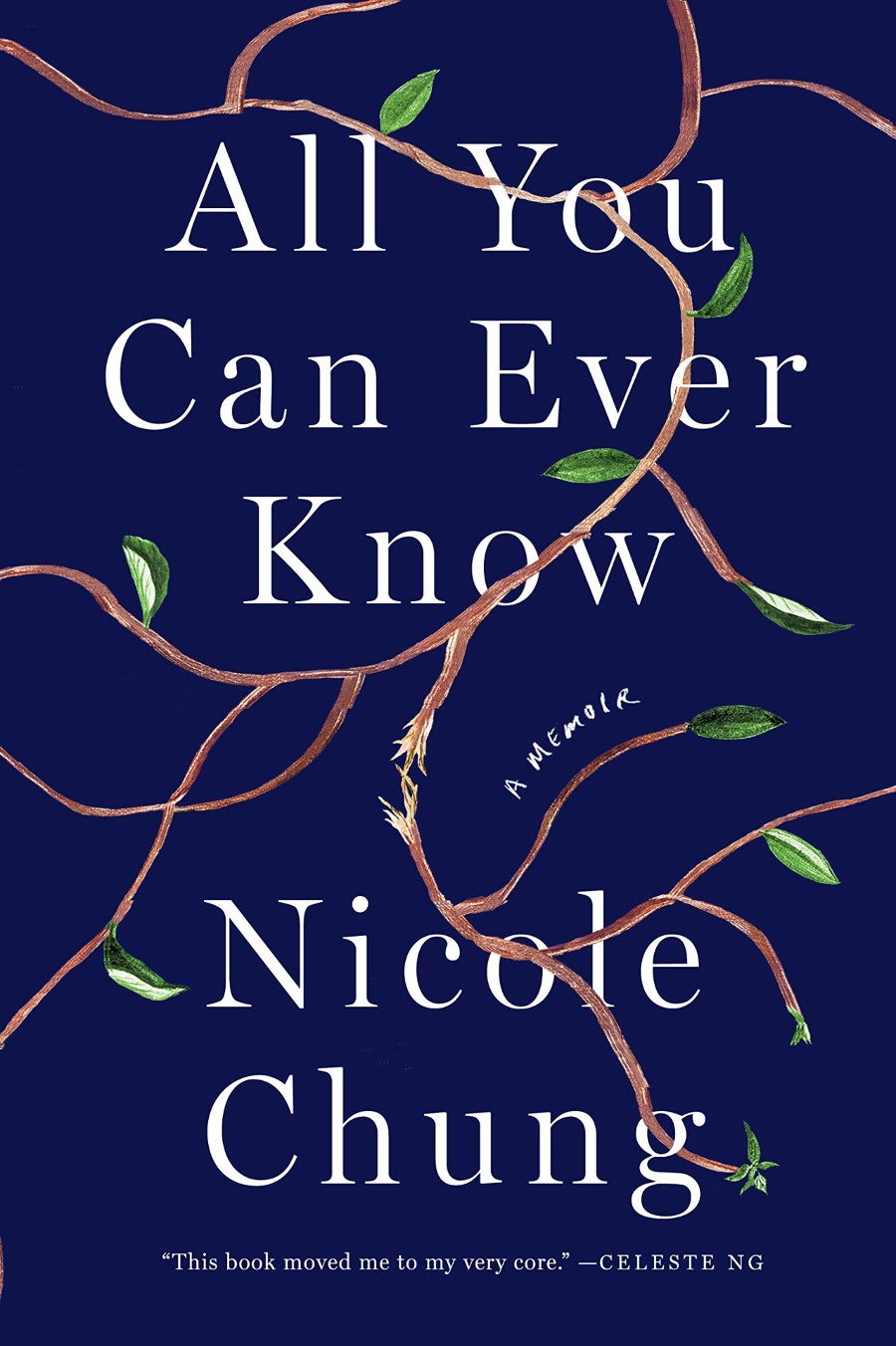
White Fragility: Why It’s So Hard for White People to Talk About Racism – Robin DiAngelo (2019)
In DiAngelo’s own words, “Racism is a White problem. It was constructed and created by White people and the ultimate responsibility lies with White people. For too long we’ve looked at it as if it were someone else’s problem as if it was created in a vacuum. I want to push against that narrative.” White Fragility unpacks concepts of white guilt and fragility, elucidating their impact on maintaining a white racial equilibrium and prevent any meaningful cross-racial dialogue.
Received to universal acclaim, the book has been lauded by prominent Black activists and writers like Claudia Rankine, who said “[the book] brings language to the emotional structures that make true discussions about racial attitudes difficult. With clarity and compassion, DiAngelo allows us to understand racism as a practice not restricted to ‘bad people.’ In doing so, she moves our national discussions forward with new ‘rules of engagement.’ This is a necessary book for all people invested in societal change through productive social and intimate relationships.”
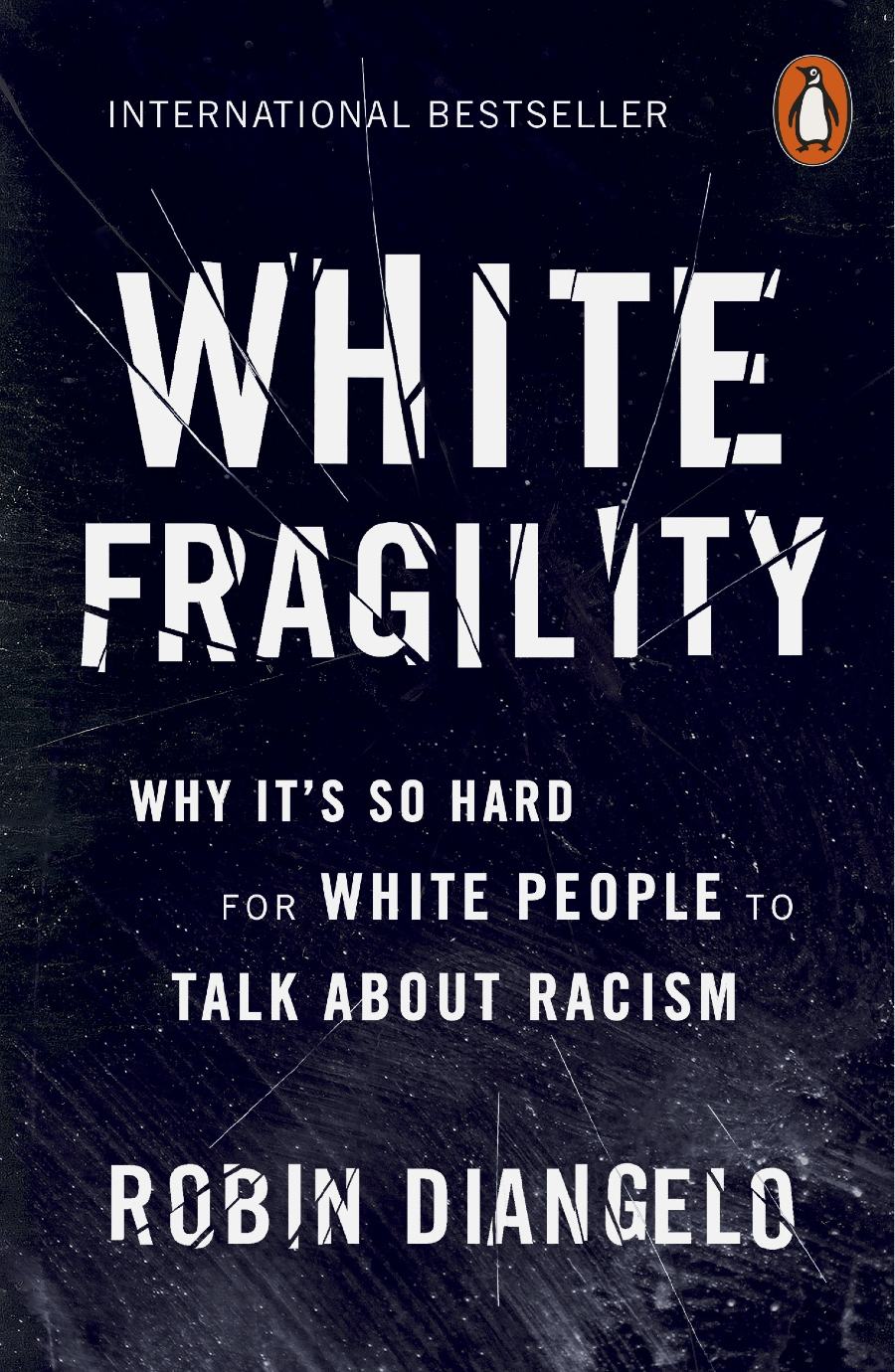
A Terrible Thing to Waste: Environmental Racism and Its Assault on the American Mind – Harriet A. Washington (2019)
A Terrible Thing to Waste: Environmental Racism and Its Assault on the American Mind is a powerful indictment of the devastating consequences of the intersection of racial inequality on the climate crisis and how it disproportionately affects marginalized communities.
Journalist Harriet Washington presents a harrowing exposé on the racism that manifests itself through the government routinely allowing marginalised communities to be exposed to heavy metals, neurotoxins, and other extremely hazardous chemicals. Electrifying in its depth, Washington chronicles the scientific background of the phenomenon of environmental racism, the historical connections, and the fatal social and economic consequences.
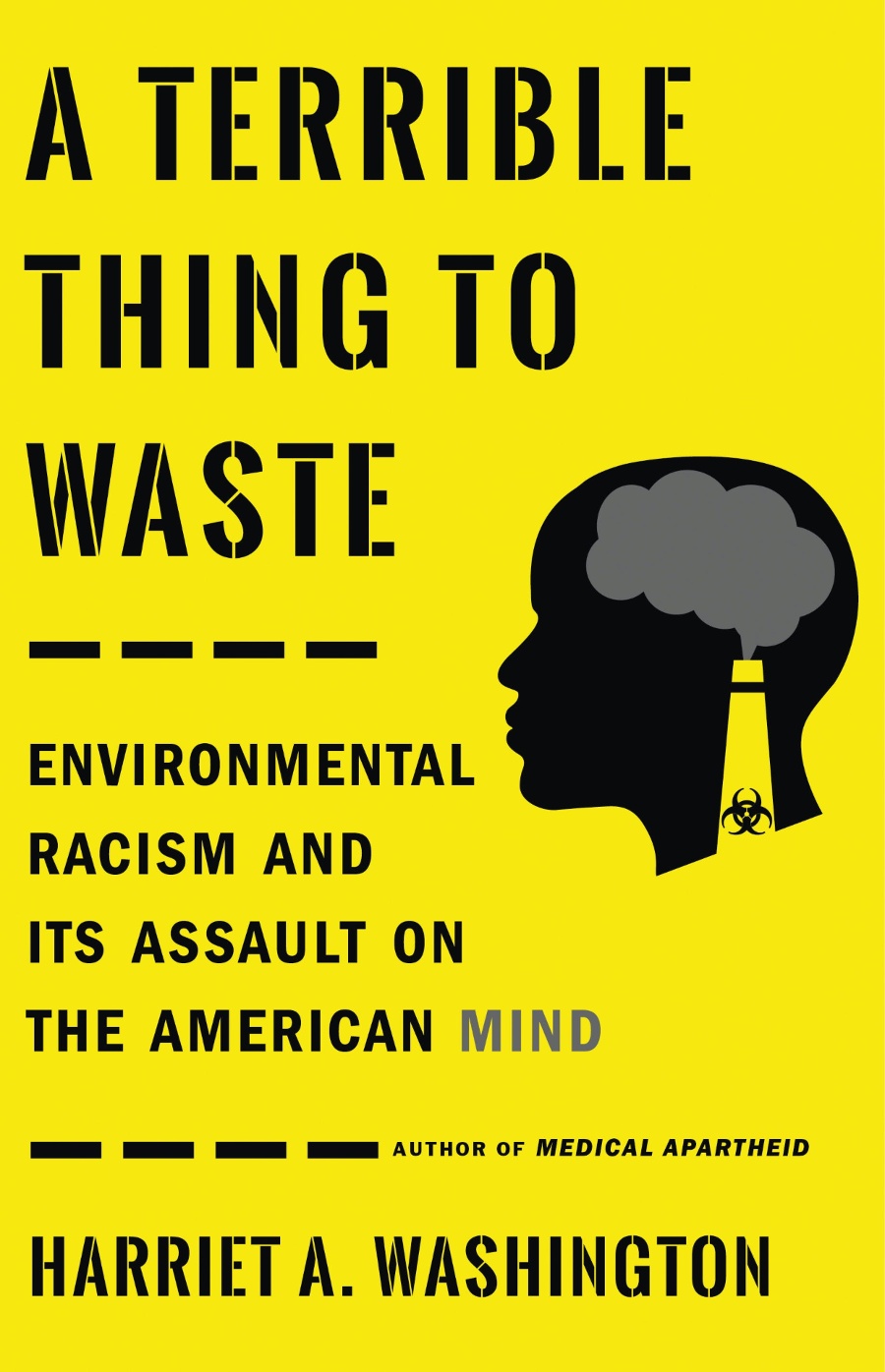
Before The Coffee Gets Gold – Toshikazu Kawaguchi (2019)
Kawaguchi introduced us to four customers, and aks the age-old question, what would you change if you could travel back in time? More importantly, who would you want to meet, maybe for one last time?
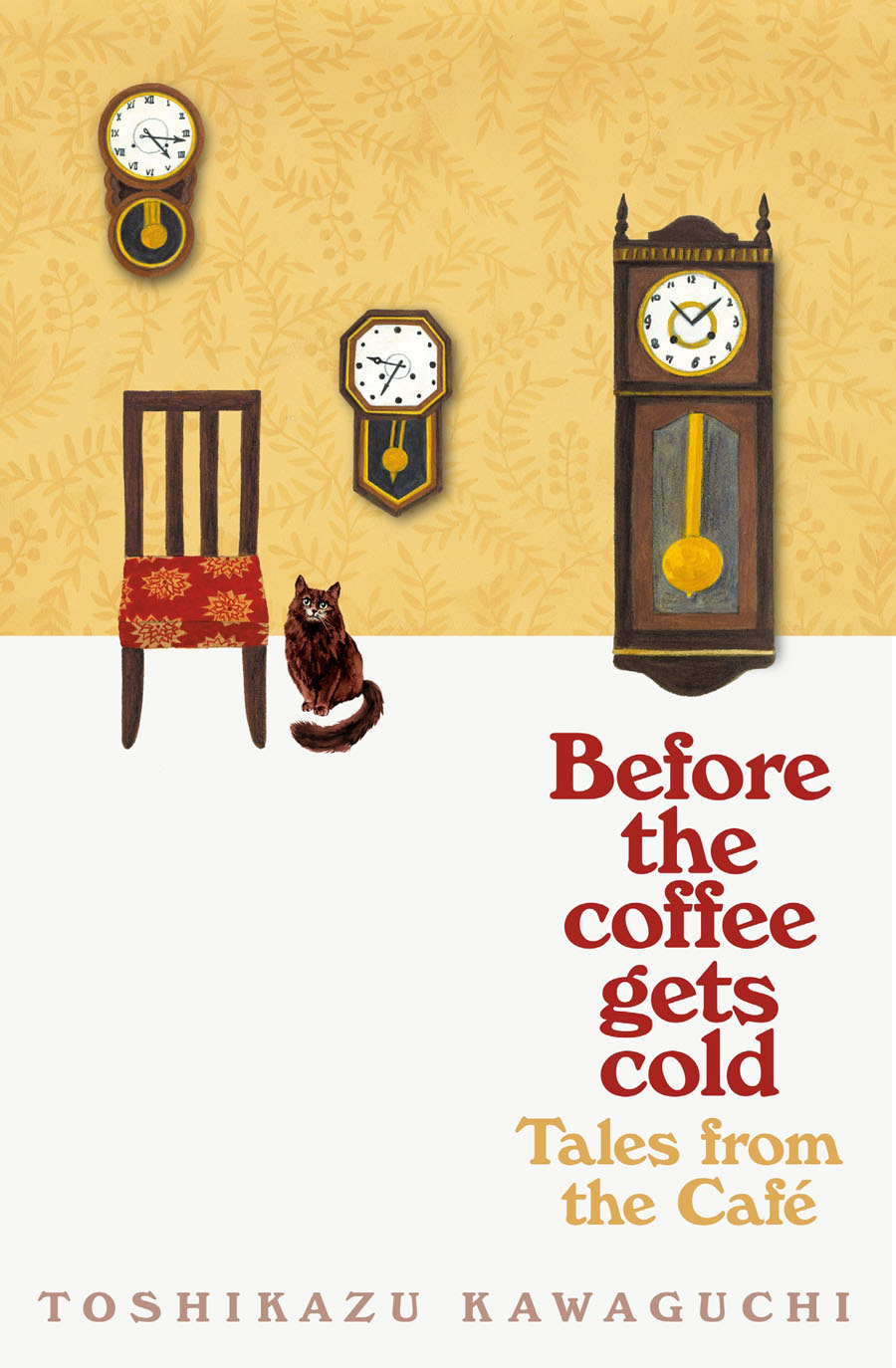
White Tears, Brown Scars: How White Feminism Betrays Women of Colour – Ruby Hamad (2019)
Written by Lebanese-Syrian-Australian journalist and UNSW PhD candidate Ruby Hamad, the book is a startingly relevant, extraordinary analysis of white feminism and how it perpetuates white supremacy at the expense of women of colour.
One of the most urgent intersectional writers of our time, Hamad details white women’s roles in oppression across continents, examining how a legacy of centuries of racial violence and white settler colonialism continues to affect Black, Asian, Latina, Indian, Muslim, Arab, and Indigenous women.
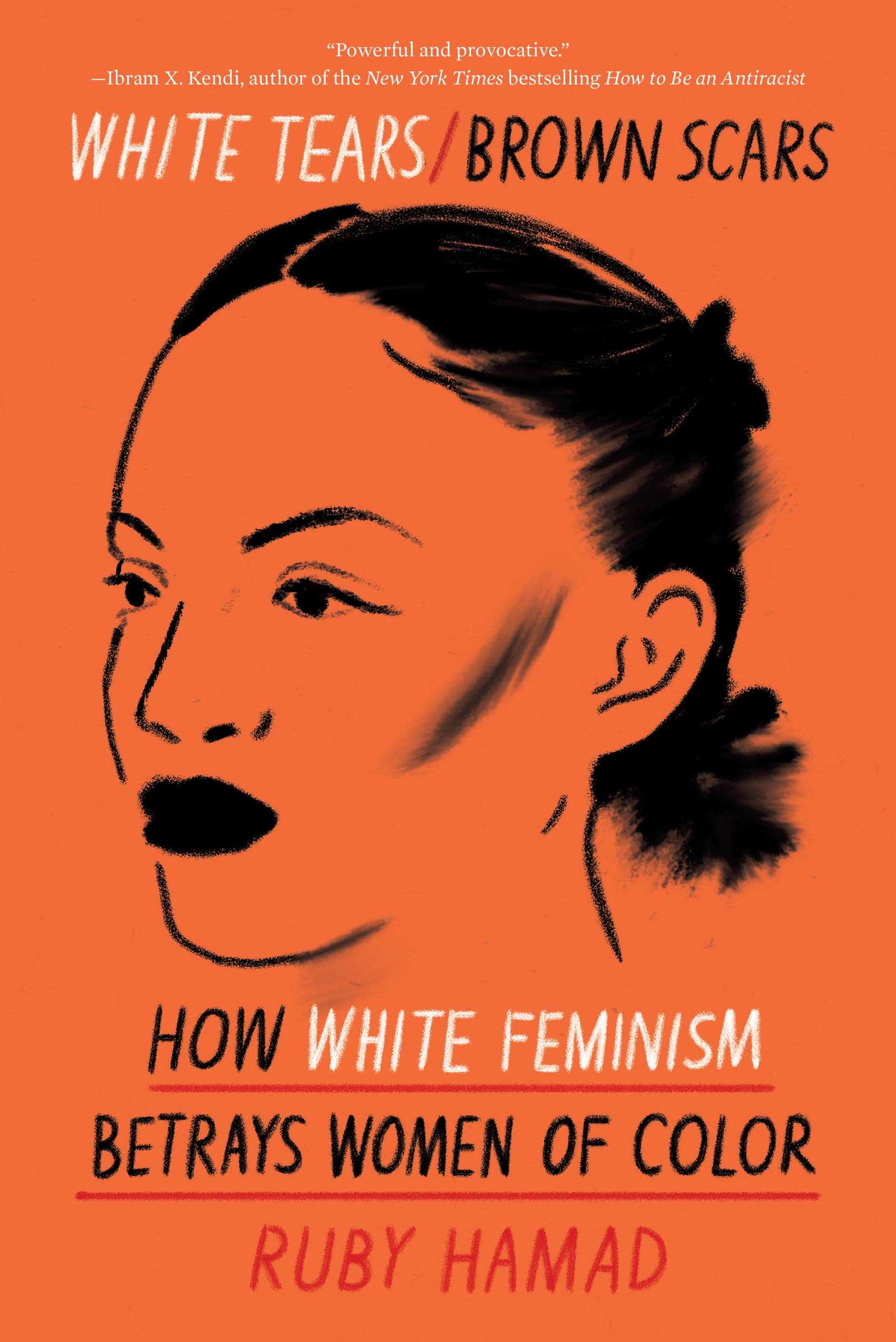
“…The first step [for white allies is] to acknowledge [the power they have]. The second step is to relinquish it and actually live the values they say they have… If they’re not willing to, then it’s all talk.”https://t.co/fePUiVGZ5K
— roslyn talusan (@roslyntalusan) June 16, 2021
For more intersectional non-fiction stories, check out our article that covers six WOC shaping the modern, non-fiction literature canon.
